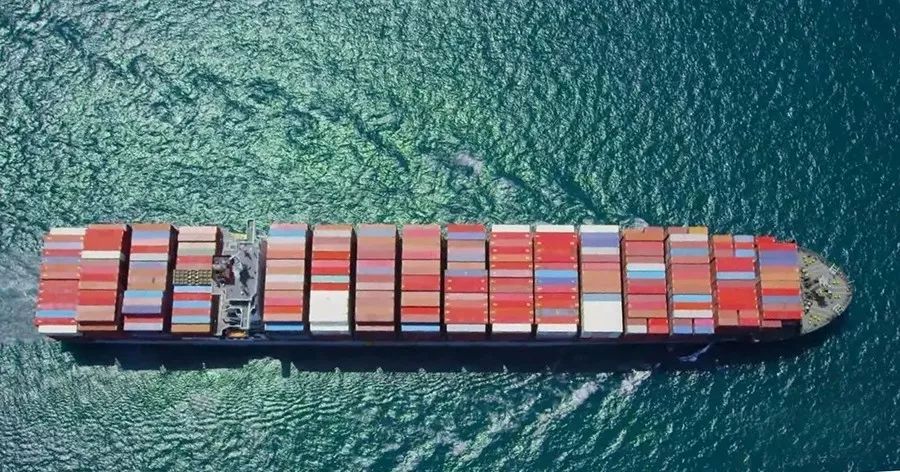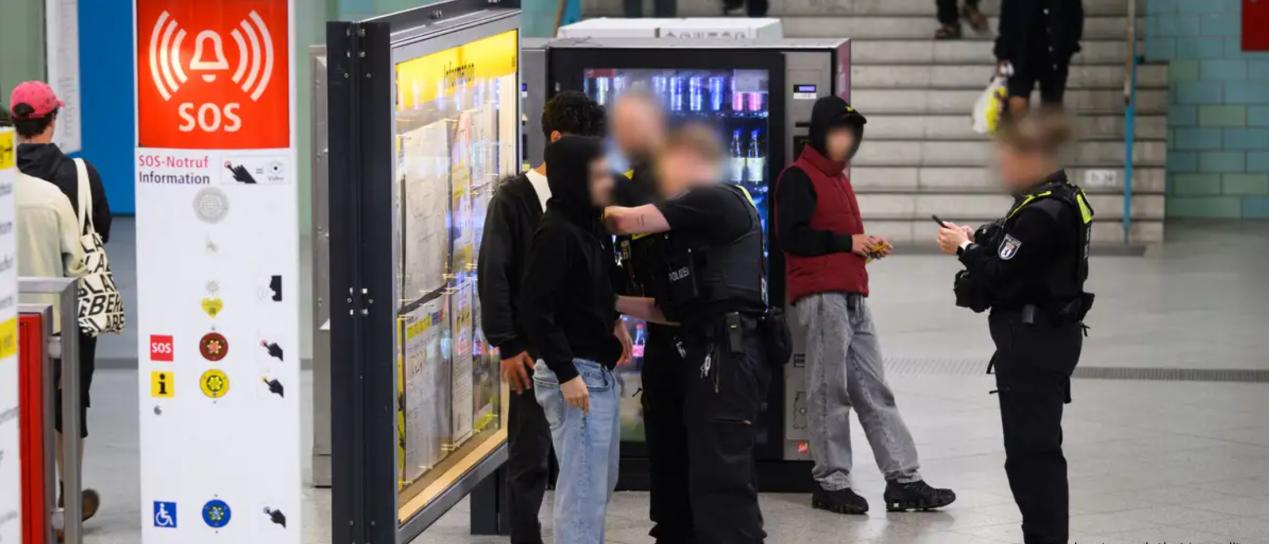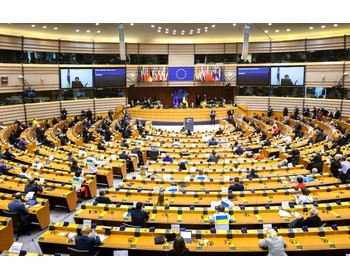Recently, due to a number of ships in the Red Sea waters were attacked, many international shipping companies have announced the suspension of navigation in the Red Sea. At the same time, the Suez Canal, which connects the Red Sea and the Mediterranean, is at risk of closure, and the Panama Canal has been blocked for a long time, and shipping costs are at risk of jumping in the short term, straining the global supply chain.
News of commercial ships being attacked near the Red Sea-Bab El-Mandeb Strait is becoming more frequent. On December 16, the Mediterranean shipping company and the French CMA CGM shipping group 16 asked their cargo ships to suspend navigation in the Red Sea, avoiding the Suez Canal route. Previously, the German shipping company Hapag-Lloyd announced on the 15th that it would suspend all container ship transportation through the Red Sea from today to 18. Denmark's Maersk Line also announced the suspension of all container ship traffic through the Bab el-Mandeb Strait and the Red Sea.
There is no mystery as to where the blame lies. The Houthis in Yemen issued a statement saying that the group fired missiles at the container ships Alaniya and Paratium 3 bound for Israel, and said that the reason for the attack on the two ships was that the crew refused to respond to the Yemeni navy's call. The statement also said the Houthis would continue to block all ships heading to Israel until supplies for the people of Gaza are delivered.
The Bab el-Mandeb Strait is a narrow passage, only 18 kilometers wide at its narrowest point, with clear north-south shipping lanes for safe passage before the Israeli-Palestinian conflict, carrying about 10-12 percent of global trade traffic, with as many as 17,000 ships passing through the area. According to EIA data, in the first half of 2023, about 8.8 million barrels of crude oil per day will be shipped through the strait, along with 4.1 billion cubic feet of natural gas. As the conflict intensifies, the global shipping market is in turmoil.

The only option for shipping companies to avoid the Red Sea and the Bab el-Mandeb Strait is to bypass the Cape of Good Hope at the southern tip of Africa, but that adds 10 days to the journey. Currently, Maersk is considering rearranging the ship to sail around Africa and avoid the Red Sea. The International Chamber of Shipping also said that some companies are already diverting routes around the Cape of Good Hope, which will increase global trade costs and delays. The industry is understood to be considering more action that could lead to more ships being diverted.
The diversion of ships will undoubtedly push up transport costs. The Singapore-Rotterdam route, for example, normally runs through the Bab el-Mandeb Strait into the Red Sea and then through the Suez Canal into Europe, according to estimates by S&P Global Commodity Insight. To go around the Cape of Good Hope, the southernmost part of Africa, the entire voyage would be 40% longer.
Now, a severe drought that has closed the Panama Canal and heightened geopolitical tensions that have forced ships to bypass the Suez Canal would be disastrous for global shipping. Weak global demand has weakened the impact on commodity and consumer prices. But in the long run, higher transportation costs will have a trickle-down effect that ultimately hits consumers. Costs are getting higher and finding alternative routes will increase costs and may eventually affect prices as well.
Containers bound for the Middle East will now be subject to a war risk surcharge of $100 per TEU, which applies to dry and refrigerated cargoes. At the same time, North Asia-UK container rates via the Red Sea - Suez Canal have also risen to a new high in 2023. If tensions rise in the Red Sea and its surrounding waters and international shipping continues to be disrupted, the international supply chain will be affected.





























